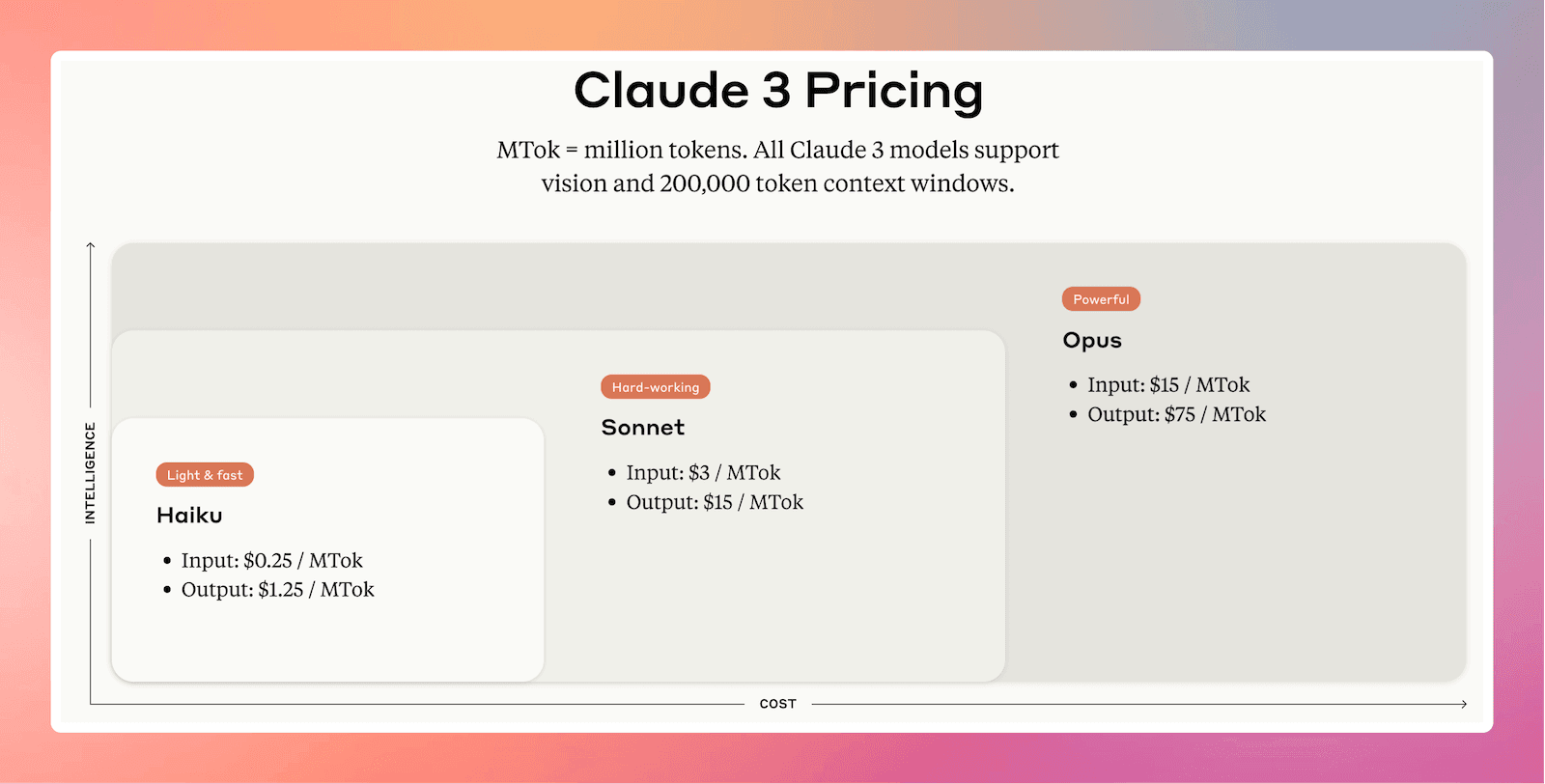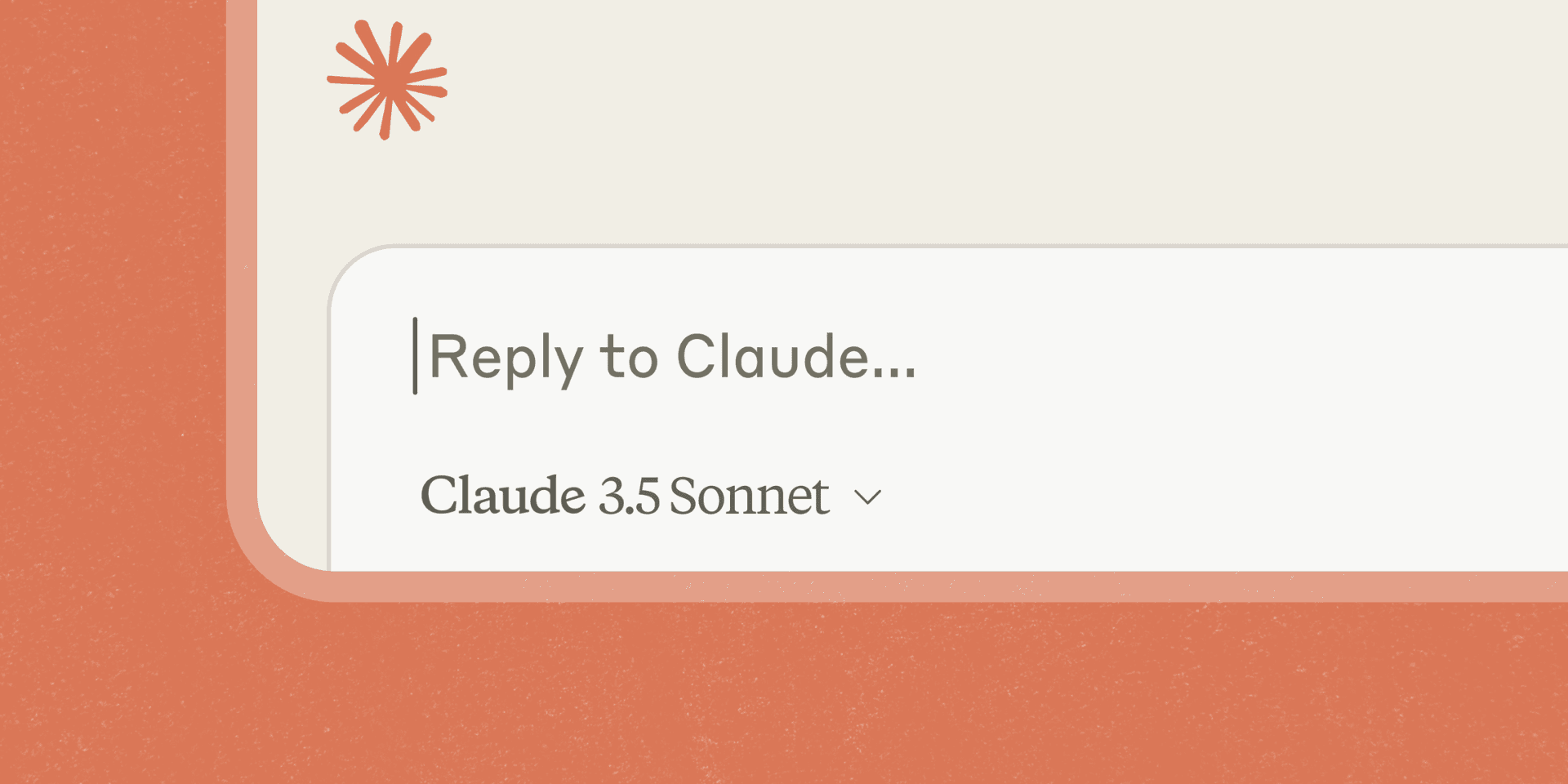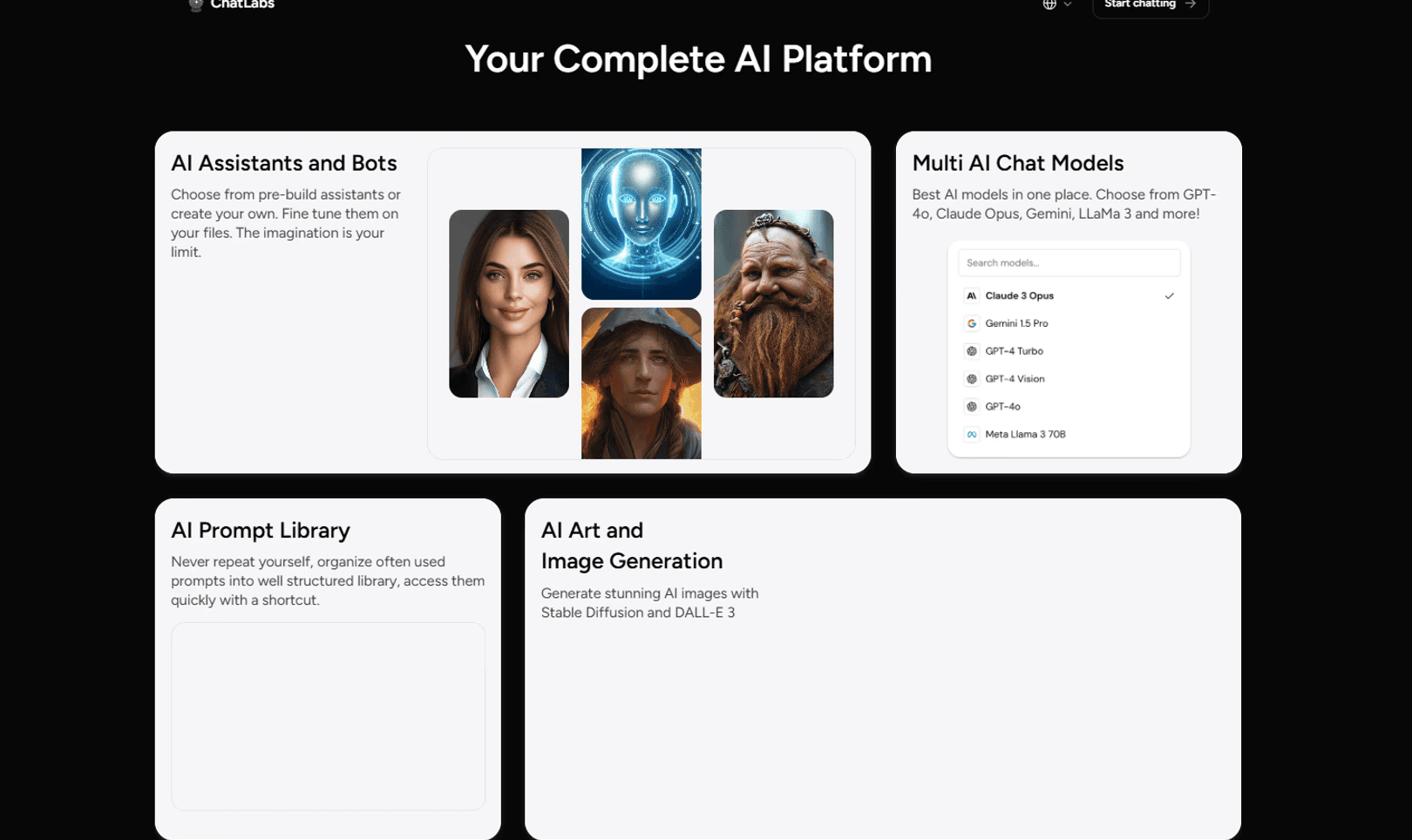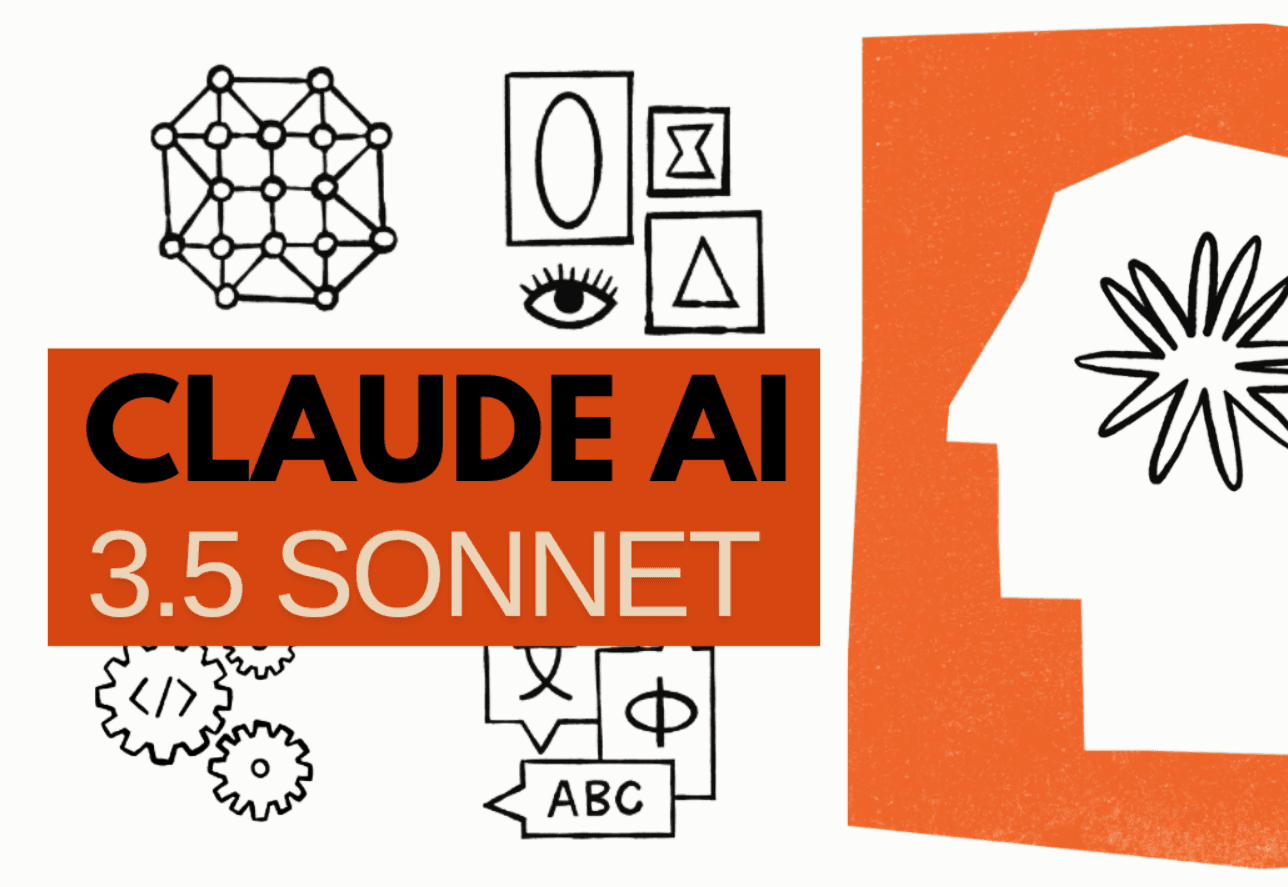Introduction to Claude 3.5 Sonnet
Hi, I am Artem and I have been exploring and using AI technology a lot. Claude 3.5 Sonnet’s been getting a lot of buzz this and previous year. It’s not hard to figure out why! Anthropic’s latest AI model is, in my experience, quite sharp when it comes to handling language, writing, coding, and doing work in an efficient way. The question everyone’s asking? “Can I use it for free?” Let’s dig into what Claude 3.5 Sonnet is, how its pricing works, and how it holds up next to other AI models out there.
Let me be very brief in this paragraph. Claude 3.5 Sonnet is Anthropic’s very latest model. It improves on older Claude versions. It does writing, summarizing, and answering questions with precision. By spring 2025, it’s one of the sharpest and most efficient language models around. People and businesses are noticing. And wondering… “Is Claude 3 free?” Claude 3.5 Sonnet has a free plan but it is limited. Claude 3.5 Sonnet free works for basic use. How about Claude Sonnet 3.5 free vs pro? The free version lets you try it. Pro plan adds more features. It costs $20 a month if billed monthly. Claude Sonnet 3.5 pricing may be quite complicated but I will review it in this guide as well.
If you want to get more use out of any AI model or to use Claude with less limits, there is also a useful tool called Writingmate. Its main feature is that it gives access to dozens of AI models in a single web app, in a cost of one subscription, with a free trial. That tool includes a full and unlimited Claude 3.5 Sonnet Pro and other Anthropic models, GPT-4o, GPT-4o Mini, OpenAI’s o1, Gemini 2.0 Pro, and much more. You pay once and get full and unlimited access to all of those professional models, 20$ a month not just for GPT-4o or for a single Claude, but for every popular AI model. You also get a prompt library, text-to-speech, chatting with files, Model Comparison, custom assistants, and more.
Try Writingmate here, for free:
https://writingmate.ai
Remember, that with a subscription cost of twenty dollars you save up more than a 100$ if you are a user who tries and uses a lot of models, experiments with AI and does work and daily stuff with AI. Now, let's see whether Claude free vs pro wins and how do they work?
Is Claude 3.5 Sonnet Free?
Claude 3.5 Sonnet is available in both free and paid versions. The free tier provides users with limited access, while the paid plans offer enhanced features and more extensive usage. For those wondering, “Is Claude 3.5 Sonnet free?”, the answer is that you can access it without charge, but with certain restrictions. Claude 3 is free if you are ready to have limitations, if you want more, then you should probably pay for a subscription.

Free Version: What’s Included?
The free version of Claude 3.5 Sonnet lets users try out what it can do in very basic form. You can chat with it, make some text, and handle simple stuff. It’s got limits, though. There is only so many questions or words in a set time. I would say it may be fine for messing around and starting our. But for heavy work or business needs, it falls short.
Key Features of the Free Tier
Limited Queries: The number of queries you can make per day is restricted, making the free tier more suitable for light use.
Basic Functionality: Yes, you can use Claude 3.5 Sonnet for basic text generation and summarization… but all of the advanced features may be locked behind a paywall.
Community Access: Free users often have access to community forums and basic support, but priority assistance is usually reserved for paying customers.
Paid Versions: What’s Different?
If you need more from Claude 3.5 Sonnet, Anthropic has paid plans. They lift the free version’s limits and add features for serious work. The Pro plan is about $20 for a single subscription. Another option is to use a full Claude 3.5 Sonnet with Writingmate tool that lets you use all top AI models for the same amount of money. It is all thanks to API and its wise usage.

Key Features of the Paid Versions
Unlimited Queries: paid plans offer significantly higher or even unlimited query limits, allowing for more extensive use.
Advanced Features: you can finally access some advanced AI capabilities such as custom model training, or enhanced text analysis, and more detailed responses. This, in my opinion, works really well.
Priority Support: paid users also have priority customer support, so that issues are addressed promptly and in less time.
Why and When to Choose the Paid Version?
The free version of Claude 3.5 Sonnet is nice for starting out and if you are a beginner. Sure, why pay if you don't know if you will use it? But the paid plans are for people who need stronger features and want to do more work in less time; without any frustrating limitations. If you’re a business wanting AI in your work or a researcher looking for precise text analysis, the paid options will probably give you what you need.
Alternatives to Claude 3.5 Sonnet
If Claude 3.5 Sonnet doesn’t fully meet your needs, there are several alternative AI models worth considering. Platforms like ChatGPT and Google’s Gemini offer similar capabilities with different pricing structures and features. Additionally, with tools like Writingmate, you can access multiple AI models, including the latest versions of GPT, Claude, Mistral, and more, all within a single platform.
User Experience: My Frustration with Free Tiers
I would say a free tier of Claude 3.5 Sonnet is a decent starting point. But oh my… I have truly expressed frustration with those limitations that free Claude 3 hass. Also, on forums like Reddit and within my community, people all over the world have shared their experiences. They often highlight things such as reaching the daily query limit too quickly; or needing more advanced features that are only available in the paid versions, or even things like not knowing what and how to prompt to be more efficient within its free limits. This is why you need to choose wisely and not to waste time if you want to get a lot of work done ;)

How to Get Started with Claude 3.5 Sonnet
It is easy to start using Claude 3.5 Sonnet. Here's a step-by-step guide to help you begin:
Sign Up for an Account: Go to the Anthropic website and sign up for a free account. It’s easy. You just put in your email and pick a password. And once you’re in, you can start playing around with Claude 3.5 Sonnet right away.
Try Claude in Writingmate: After signing up, also check out Writingmate by WritingMate. The free version on Anthropic’s site is cool, but Writingmate is way better — it’s not so limited, and you can use Claude plus other top AI models all in one spot. You don’t have to stick to just one or pay for a bunch of subscriptions. It’s perfect for messing around with Claude, seeing what it can do, and figuring out if it works for your stuff.
Figure Out What You Need: While you’re using Claude in Writingmate, think about what you really want from it. The free version on Anthropic’s site is a good start, but Writingmate gives you more room to explore without feeling stuck. If you need something bigger, Writingmate has you covered without pushing you into pricey plans right off the bat.
Get More with Writingmate: If you like Claude or any of the other models, Writingmate makes it simple to keep going. You can switch between them and use what works best. No frustration or hassle, and never the extra costs.

Conclusion: Is Claude 3.5 Sonnet Worth It?
To wrap up, as far as you can see, Claude 3.5 Sonnet is quite a flexible AI tool that can be free, but works better with a subscription. It works well for all kinds of users, casual users, nerds and pro teams. The free version is a decent way to begin. It lets you try the basics and see what the AI can do. Seriously, no money needed up front and anyone can try, isn't it beautiful?
And for users that want more advanced stuff, or some bigger limits, the paid plans are in my experience worth it. They open up everything Claude 3.5 Sonnet can do. It’s a smart choice if you need powerful AI tools. Whether it’s for personal projects, work, or business, it’s got the strength and flexibility to help. And going for a paid plan depends on what you need and how much you’ll use it.

Explore Multiple AI Models with Writingmate
If you’re interested in exploring more AI models, consider trying Writingmate, where you can access multiple top AI models, including the latest versions of GPT, Claude, Mistral, and more, all within a single web app. Writingmate also allows you to generate images and perform a wide range of AI-driven tasks. This is why I believe it to be a comprehensive all-in one tool for literally all your AI needs.
For detailed articles on AI, visit our blog that we make with a love of technology, people, and their needs.
Written by
Artem Vysotsky
Ex-Staff Engineer at Meta. Building the technical foundation to make AI accessible to everyone.
Reviewed by
Sergey Vysotsky
Ex-Chief Editor / PM at Mosaic. Passionate about making AI accessible and affordable for everyone.



